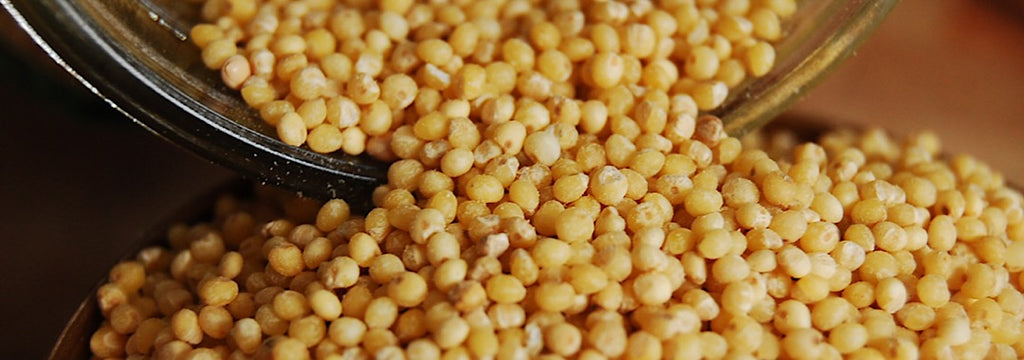
A common misconception when starting a gluten-free diet is that grains are completely off-limits. This is not only inaccurate, it is also the opposite of a healthy gluten-free diet which should be full of whole grains.
Gluten-free whole grains can help provide much needed nutrients, such as fiber, iron, calcium, vitamin D, B vitamins, and magnesium. Often times, people with celiac disease and gluten-intolerance are deficient in these nutrients, because most gluten-free breads and cereals are not as enriched as their gluten-containing counterparts are.
We've put together a list of 8 super healthy and tasty gluten-free whole grains you need to start eating.
Amaranth
Buckwheat
Corn
Benefits: 10 times more vitamin A than other grains, high in antioxidants and carotenoids, especially those associated with eye health. Look for organic non-gmo.
Use: corn on the cob, popcorn, polenta, tortillas, corn muffins, whole grits.
Our Favorite Brands: Bob's Red Mill Organic Corn Flour, Hodgson Mill Gluten-Free Cornbread Mix.
Millet
Oats
Quinoa
Sorghum
Teff




Leave a comment